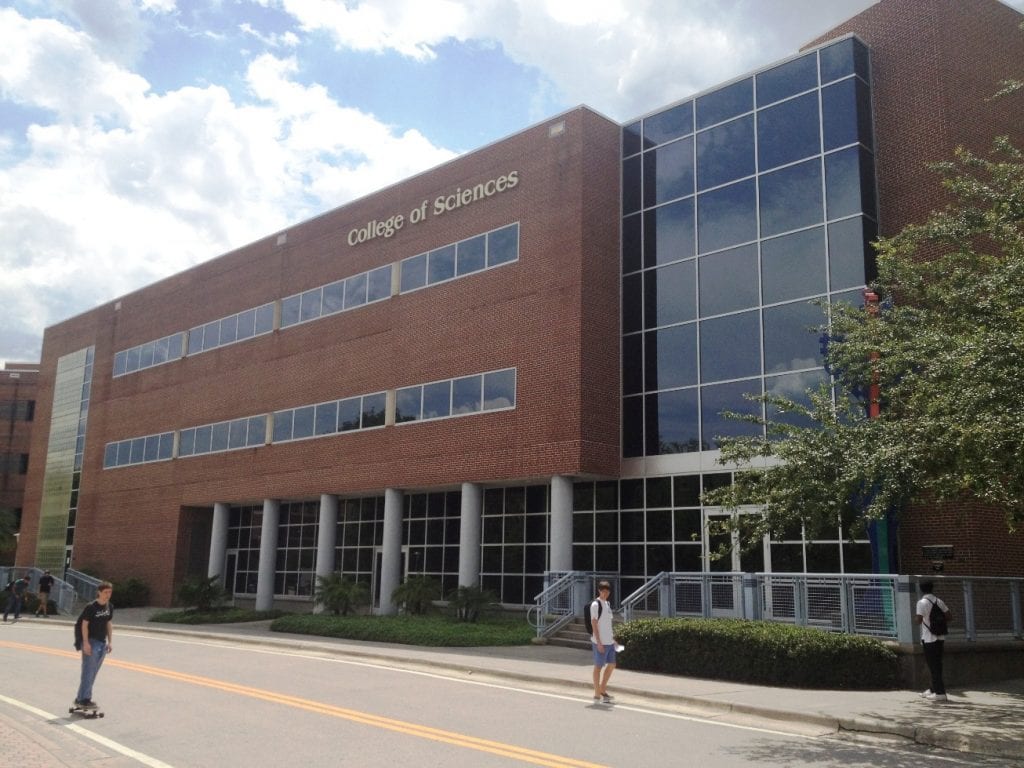Survey Certificate Program Offers Expertise For Students of Multiple Disciplines

Surveys are a great tool for measuring intangible data like feelings and opinions, but designing one that can withstand academic scrutiny takes real skills. That’s where a new Survey Research Graduate Certificate Program comes into play.
The program launches in Spring 2022, and primarily targets social science students studying behavior in areas like criminal justice, political science, sociology and psychology. Apart from how to construct optimal surveys free from bias and leading questions, the program teaches students how to think critically about data that can sometimes serve as the entire basis of a thesis or dissertation.
“A survey is often the foundation of the house, so you want to minimize potential issues,” said Associate Professor Jonathan Knuckey, Ph.D. “It goes back to the old saying, ‘Garbage in, garbage out.”
Identifying a solid survey and building your own go hand-in-hand. The phrasing of a survey’s questions, the length of the questions and even the order of the questions all affect the responses. There’s also significance in how people respond to choices like “strongly agree.” All combine to create a credible or disreputable survey.
The psychology behind the inherently human enterprise of surveys also factors into the classes students take. How likely is someone to lie on a survey, or intentionally provide misleading answers? The margin of error and sample size should be evaluated when reading headlines or drawing conclusions from an academic paper, Knuckey said.
“It makes students a critical consumer of any published findings,” Knuckey said.
One of the biggest draws of the certificate in Knuckey’s opinion is its interdisciplinary value. The certificate’s origins in the School of Politics, Security, and International Affairs will appeal to future campaign managers and pollsters. But sociologists studying gender and race can easily apply this certificate study, along with future reporters in the Nicholson School of Communication and Media compiling data. Statistics and data science majors will benefit from branching out into the “soft” sciences.
“I think that’s one of the unique selling points,” Knuckey said. “It brings faculty from different departments together, and fosters inter-department collaborations.”
Interested applications can find more information here. The application deadline is Dec. 1.
